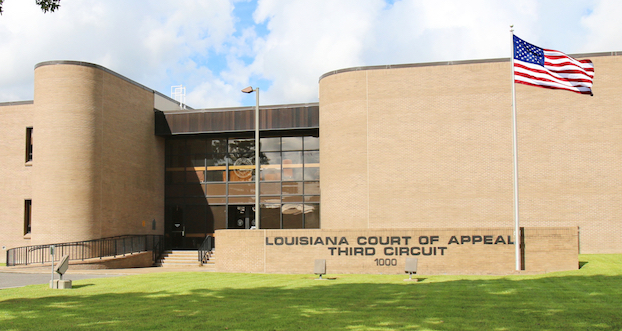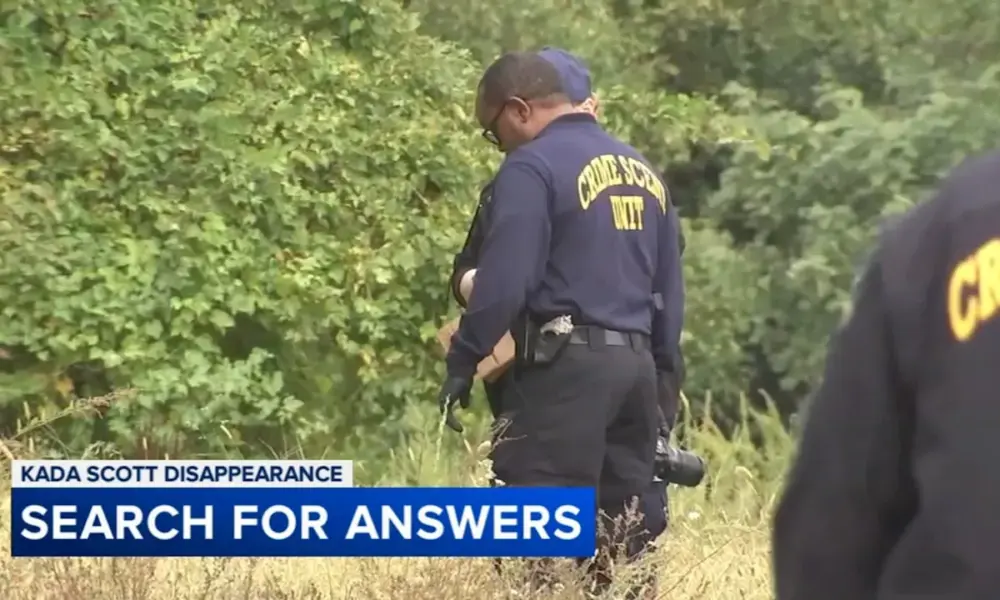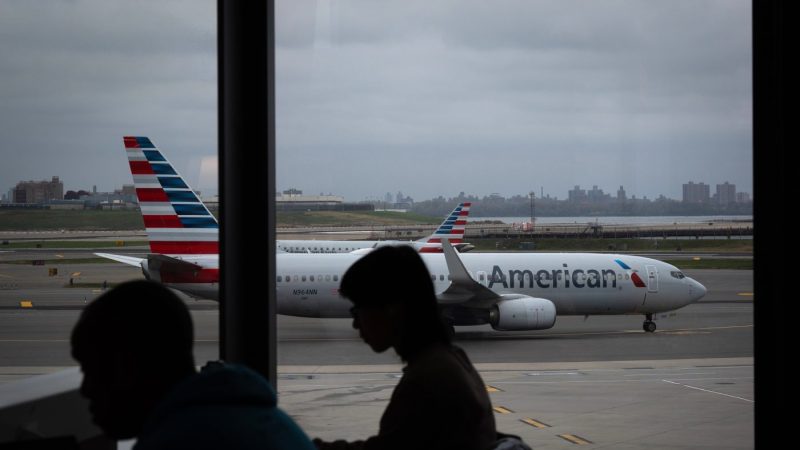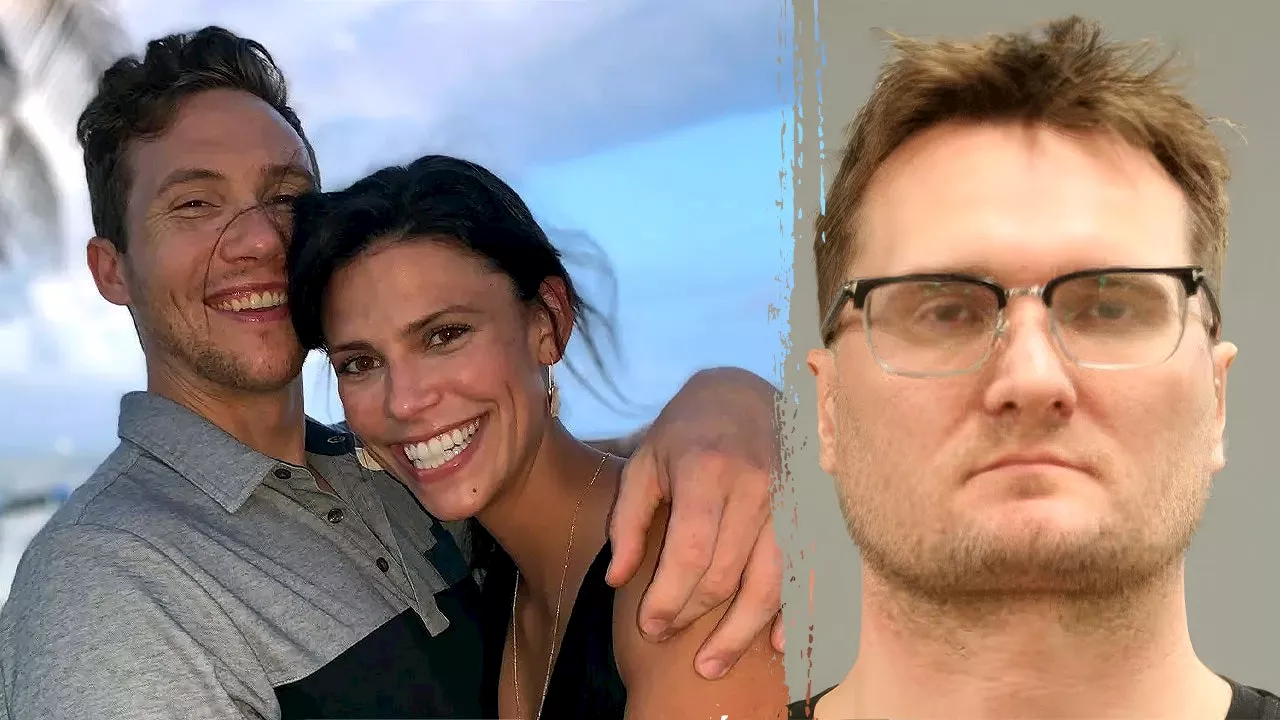UPDATE: The sentence of Sandy Nicole Deleon, a Lake Charles woman convicted of vehicular homicide, has been vacated for a second time, following a ruling by the 3rd Circuit Court of Appeal on October 27, 2025. This shocking development raises questions about the legal process surrounding her case and its implications for similar incidents.
Deleon originally pleaded guilty to vehicular homicide after a tragic crash on Interstate 10 on March 17, 2019, which resulted in the death of her passenger, Ricky Broussard. Reports indicate that Broussard was unrestrained and ejected from the vehicle during the incident. Louisiana State Police found Deleon driving a Dodge Charger that rear-ended a Ford pickup truck, leading to a severe collision. At the time of the crash, Deleon displayed signs of intoxication, admitting to consuming at least six shots of alcohol with a blood alcohol content of .192.
On February 7, 2022, Deleon was sentenced to 30 years in the Department of Corrections, with 15 years suspended. Her sentence included strict probation conditions, such as community service and electronic monitoring. However, following her appeal, the 3rd Circuit Court of Appeal found that the initial community service requirements were unclear, resulting in the sentence being sent back to trial court for reassessment.
When resentenced, Deleon received a similar term, but her community service requirement was reduced to 300 hours, with a focus on DWI prevention. The $500 fee to the Public Defender’s Office was also removed. Deleon appealed again, arguing her military service and remorse were not adequately considered, and challenged the electronic monitoring requirement.
The latest appeal ruling has significant implications. The 3rd Circuit Court of Appeal stated that while the trial court can impose conditions such as electronic monitoring, the specifics must be outlined clearly by the court. This ruling vacated her sentence once more, emphasizing the need for clarity in legal judgments and the importance of due process.
As this case develops, it raises critical issues about the treatment of offenders in vehicular homicide cases, particularly those involving intoxication. The implications of the court’s decisions could resonate beyond Deleon’s situation, affecting how similar cases are handled in Louisiana and beyond.
WHAT’S NEXT: Legal experts are closely monitoring the next steps in Deleon’s case as she returns to trial court for resentencing. The ongoing appeals process may influence future legislative discussions on vehicular homicide and DWI laws in Louisiana. This case exemplifies the complexities of the legal system and its impact on victims’ families, underscoring the emotional toll on those affected by such tragic incidents.
Stay tuned for updates as further developments emerge in this high-profile case.







